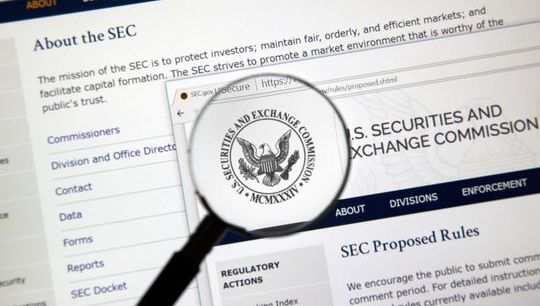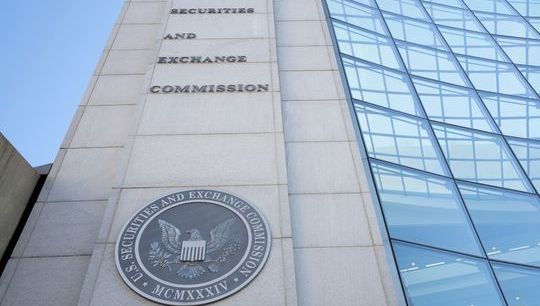AIMA at work - Contending the contentious
By Jack Inglis, CEO, AIMA
Published: 27 April 2022
The barrage of proposals introduced by the SEC will have significant impact on the way alternative investment fund managers operate. Not since AIFMD was introduced by the EU have we had to contend with such potentially disruptive changes to the rules affecting our members.
The new proposals are many and far reaching. Below are some bullet points on the areas that we and our members consider to be the most problematic. Given the tight sequencing of these proposals and the short time allowed for public consultation, all fund managers and their investor clients need to be aware of these potential changes and their consequences.
The good news is that AIMA’s policy and regulatory team is the largest in the world among comparable associations and a big part of it is now focused on these burning US matters. We are also fortunate to have committees and working groups of senior individuals at member firms with considerable practical and regulatory expertise who are helping us with this work.
We are engaging with SEC Commissioners, Directors, and staff on all the issues. Our strategy is to be constructive in identifying the unintended consequences of these proposals while putting forward workable alternatives towards the aims that SEC is trying to achieve. If you want to get up to speed on any of the rulemakings or wish to contribute to the effort, we are at your disposal to answer any queries and receive your comments.
Here are some of the proposed rules’ gory detail and potential consequences for our industry. Remember, it’s only the tip of the iceberg, but it does highlight some of the most cited concerns. Much more detailed information on these and other pending proposals can be found on our website and in our newsletters.
Private Fund Advisers Rule
- Complete restructuring of the manager/investor relationship when it comes to differentiated treatment of investors, reporting and anything to do with fees and expenses – freedom of contract gives way to a detailed, prescriptive and uniform regime.
- The prohibition of advisers seeking indemnification and limitation of liability by their funds or investors for a breach of fiduciary liability.
- No grandfathering of existing agreements between funds and their investors that do not meet the new standards.
Securities and Government Securities Dealer Registration
- Proposal to force private funds to register as dealers if they are active participants in the market could result in an enormous increase in costs from duplicative registration.
- This could also lead to potential considerable market impact in the form of reduced liquidity as many funds would likely withdraw rather than face the bank-like prudential regulation that comes with the dealer registration regime.
Short Selling Disclosures
- Would create complex operational challenges resulting from capturing and calculating daily short position data alongside a new order marking regime.
- The cumulative impact of an additional reporting regime, along with security-based swaps and securities lending reporting and disclosure thereof, on the market and market participants would likely lead to a reduction in liquidity and increase in compliance costs.
Securities Lending
- The proposed disclosure rules would provide much more visibility to the market on a transaction-by-transaction basis and almost close to real time, possibly impeding short selling activity and disincentivising accompanying proprietary research.
Security-Based Swaps (SBSs)
- Proposing individual firm public disclosure of all SBSs (whether long or short and including credit derivatives) on a T+1 basis would not only result in copycat trading behaviour but also short squeezes or any other adverse impact resulting from the full transparency of fund positions.
- Reduced liquidity, inefficient price discovery and market volatility as market participants curtail activity to avoid triggering the thresholds.
Beneficial Ownership Reporting
- The proposal to accelerate the initial reporting and amendment timelines for both Schedules 13D and 13G will be operationally onerous and will increase compliance costs without improving market efficiency.
- Lack of clarity when a holder of a cash-settled derivative be deemed the beneficial owner and be required to count the referenced securities for beneficial ownership purposes.
- The revisions to the ‘group’ definition would chill shareholder engagement and stifle activist investing.
And this is by no means all. We are working to address new rules on cyber security for investment advisers, climate related disclosure regulation, digital assets custody and several more.
Once again, a big thank you to all of the members who are putting in the long hours to formulate our policy stance and meet with the regulators and policy makers on these crucial issues. And to those who are not members yet, please join us and support the industry in this important engagement.





